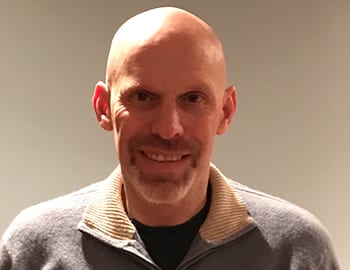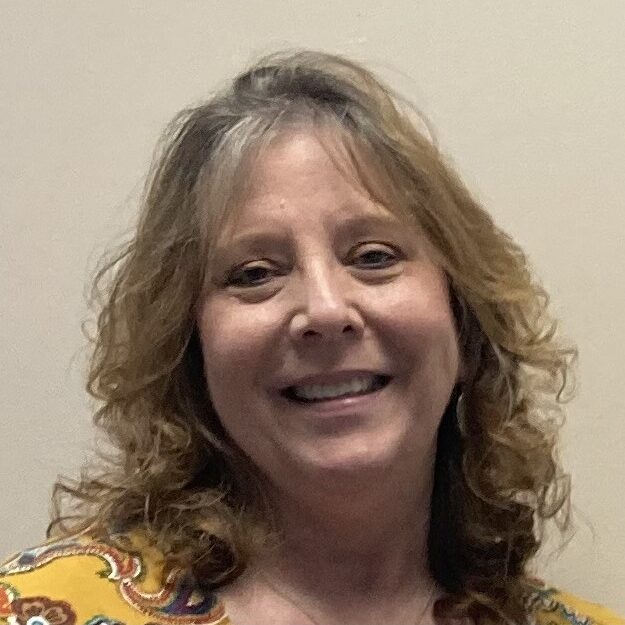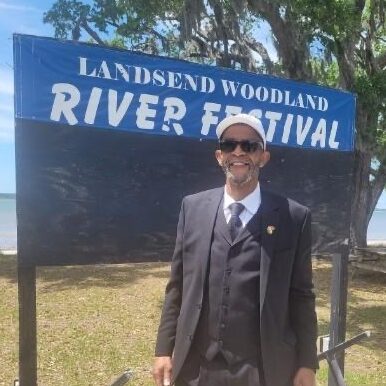
Jerrold S.
Esophageal Cancer
When Jerrold Silverman hit his early 40s, he knew his lifestyle had to change. A sedentary smoker with poor eating habits and a family history of heart disease, continuing down this path would likely result in never getting to know his grandchildren.
He threw away his cigarettes, began a rigorous routine of exercise and healthy eating, and by age 49 was in the best shape of his life. It was thus an utter surprise when he was diagnosed with late Stage II esophageal cancer.
Choosing a clinic was fairly simple, according to Jerrold. He’d just watched a friend with cancer, who was being treated by a major hospital, go over three months between diagnosis and treatment. “I knew immediately I needed an alternative to the typically recommended MSK centers,” says Jerrold. “While they might have good reputations, you are still one of a thousand patients, just a number on a board.”
Jerrold’s first meeting with Dr. Jeff Vacirca and the New York Cancer and Blood Specialists sealed the deal. “I was greeted with compassion and for the next five hours, over a dozen people worked with me to explain what was going to be happening to me. That reception and level of care have continued until this day. What’s more is that the team spent as much time informing my wife, who was to be my caregiver, about what to expect. Over the course of my treatments, the level of support for her was beyond measure – the support I know my friend’s wife never received at their hospital.”
Jerrold went from diagnosis to treatment in just over a week, to which he credits his life: “Had I waited longer for treatment, I may have moved to stage IV and had an incurable or inoperable situation.”
Over the next three months, Jerrold underwent radiation and chemotherapy. “You know, I would walk in, and every nurse knew my name and treated me like family. I watched the people there working with patients, day in and day out, with enthusiasm and motivation, giving them hope. I couldn’t imagine being treated in any other way.”
Next, Jerrold had an esophagectomy, in which his esophagus and half of his stomach were removed. Following surgery, he was hospitalized for two months, due to various complications. “During those two months, there wasn’t a single day in which one of the doctors from the practice didn’t come to see me,” he remembers.
Following surgery, Jerrold lost 40% of his body weight, but today, he is back at work and has been making steady progress to regain his former fitness, through boxing, strength training, and cardio work. Looking back on his time at the clinic, he muses that, unlike other patients, choosing community oncology actually demanded an extra effort on his part. While Sloan Kettering had facilities just 20 minutes away, Jerrold drove over an hour each way to reach the New York Cancer and Blood Specialists – sometimes through eight inches of snow.
“It was all about the treatment,” he says. “It was entirely inconvenient and entirely worth it.”




